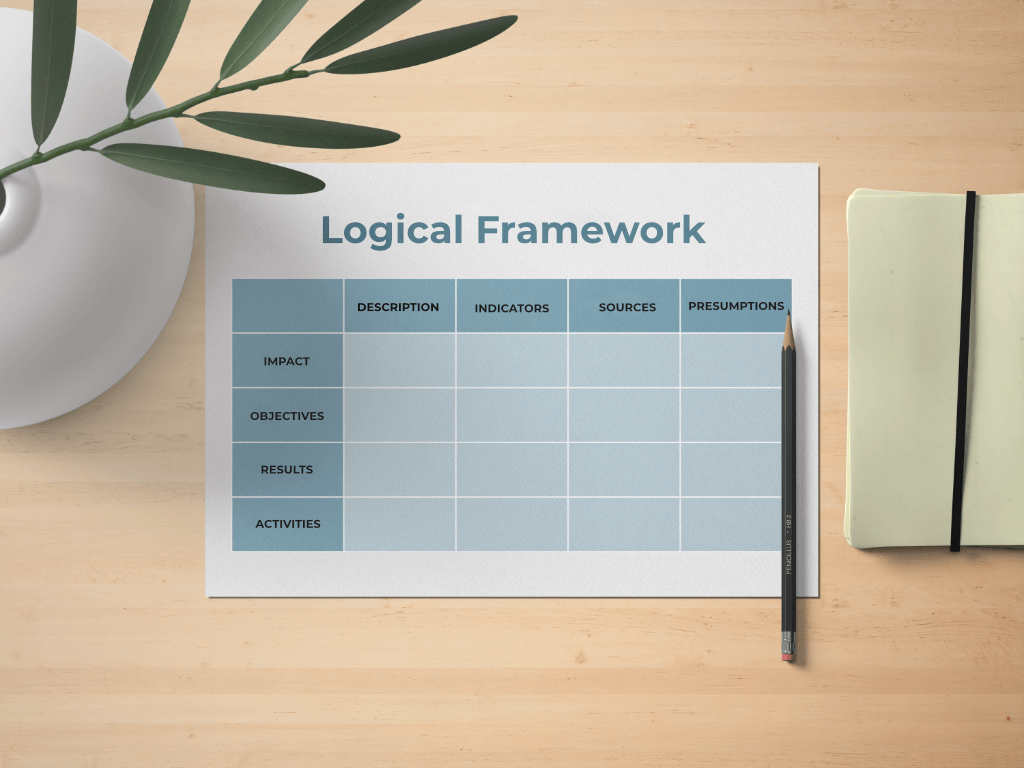At We.Flow, we care about how we advance our work and practices across teams and projects. In this short blogpost, Alessandra Schmidt provides a solid background for our approach in the field for social change and transformation. Drawing from literature, with an eye toward gender in management organisation studies, our co-founder explains the roots for how we flow with care.
Social innovations are needed to alleviate complex social problems. Understanding the dimensions of social innovation research is a fundamental starting point. The dimensions that social innovators would possibly be interested to engage in contributing to, in summary, are gender, race, ethnicity, class, income, deprivation, single parent families, households in social housing, older people, children, indigenous peoples, deafness, special needs, and future generations1. Each of these dimensions is a body of knowledge by itself and provides specific lenses and background for approaching targeted social challenges.
To illustrate the magnitude of such social challenges, I briefly offer facets of a social problem, using the lenses of gender studies. Gender scholars (e.g., Caroline Moser) and feminist expert practitioners (e.g., Chimamanda Ngozi Adichie), have been trying to explain the reasons behind the challenge of gender inequalities for decades, developing dense discussions about what gender is and what it does. Feminism is an ongoing perspective of understanding the world.
Thus, in one of its more important developments, the ethic of care perspective – firmly rooted in contemporary feminist writing – gender studies bring a move away from the application of abstract and universal moral rules, turning attention to contexts and relationships instead2. There are transformation challenges for connecting structural social change expertise and intelligence up and down the entire ecosystem. It calls for a shift from gender planning to gender transformation3.
Caroline Moser4 explains, in gender studies, the “structural change in power relations” is not only about empowering women individually. She claims: “you may educate individual women but unless you change the curricula, unless you change the way costumes work, unless you change all sorts of things that are going on, women’s agency is limited”. These articulated transformative efforts are “about transformation, about articulating previously unheard voices, exposing previously unchallenged bias, and rewriting political agendas”5.
Unfolding this transformational idea with feminist theories, Carol Gilligan6 values gender difference in the use of situated reasoning and “contextual mode of judgement”. In the same line, Donna Haraway7 too criticises established understanding of “objectivity” and calls instead for “situated knowledge” grounded in particularities of partial “limited” locations. Finally, Seyla Benhabib8 values processes of dialogue and public deliberation in her own communicative conception of practical judgement.
Overall, gender scholars are increasingly interested in finding solutions to project positive impact to tackle these challenges. Furthermore, it forces us to see how the appropriate interventions and transformative efforts in specific and situated contexts depend on the ongoing practices of a group of people9 and the types of social and political institutions in our societies10. In conclusion, applying a context-sensitive perspective – such as, for instance, the ethics of care – for social innovation work needs sophisticated critical thinking, considering the substantial interdependencies among multiple systems and actors.
- 1 Walker, 2012
- 2 Clegg, Kornberger and Rhodes, 2007
- 3 Moser, 2012
- 4 Moser, 2020
- 5 Phillips, 2002, p. 77
- 6 Gilligan, 1998, p. 22
- 7 Haraway, 1988
- 8 Benhabib, 1992, p. 54
- 9 McCarthy and Moon, 2018
- 10 Tronto, 1995






